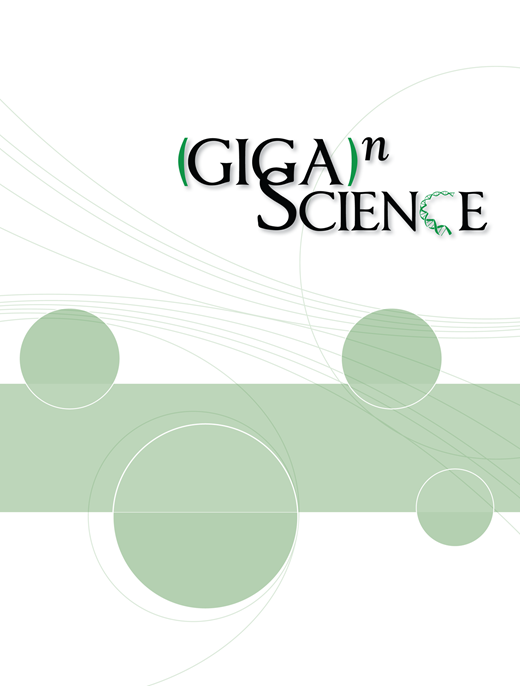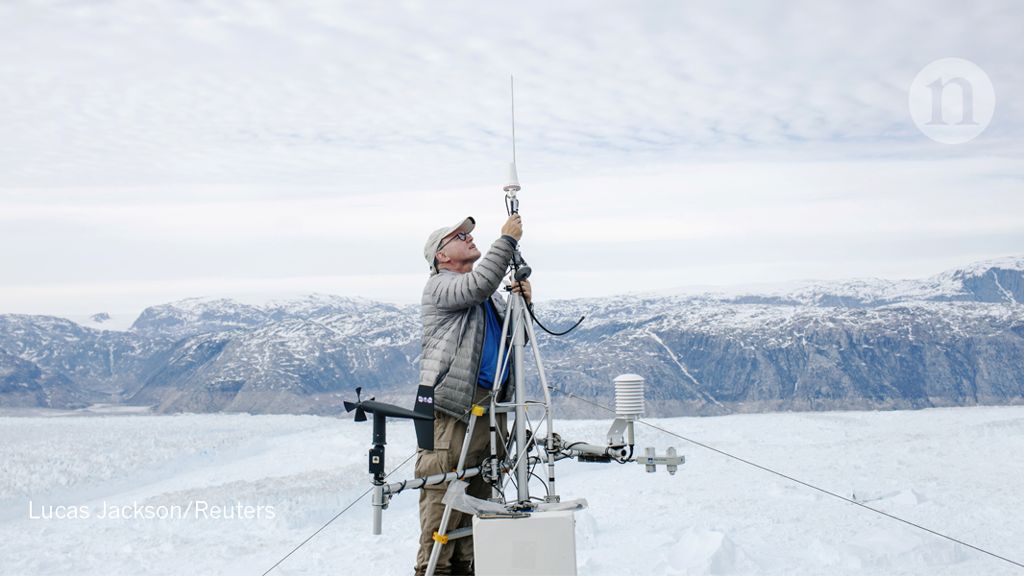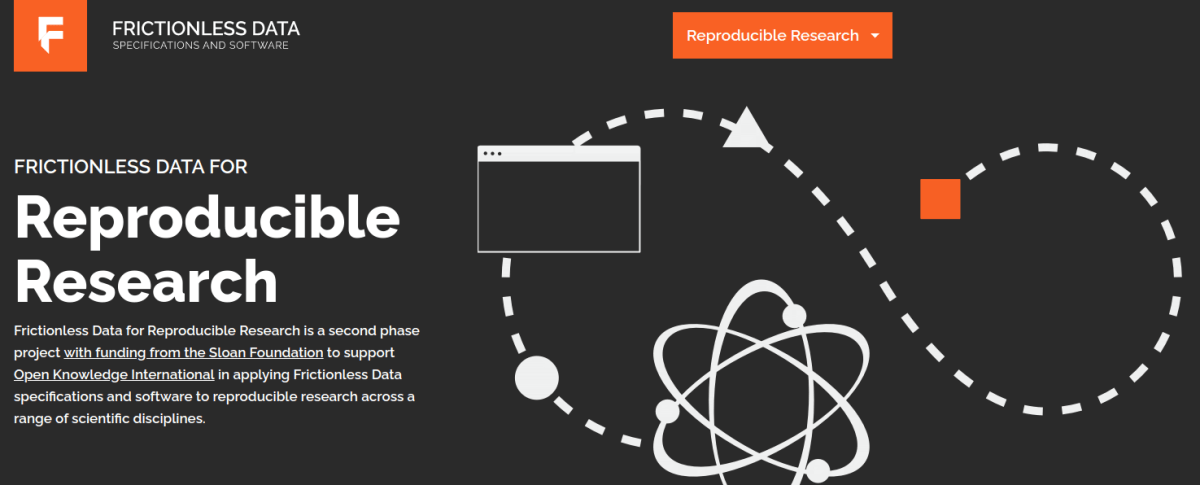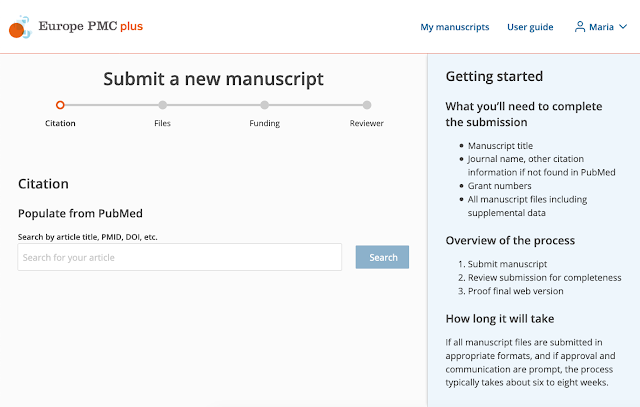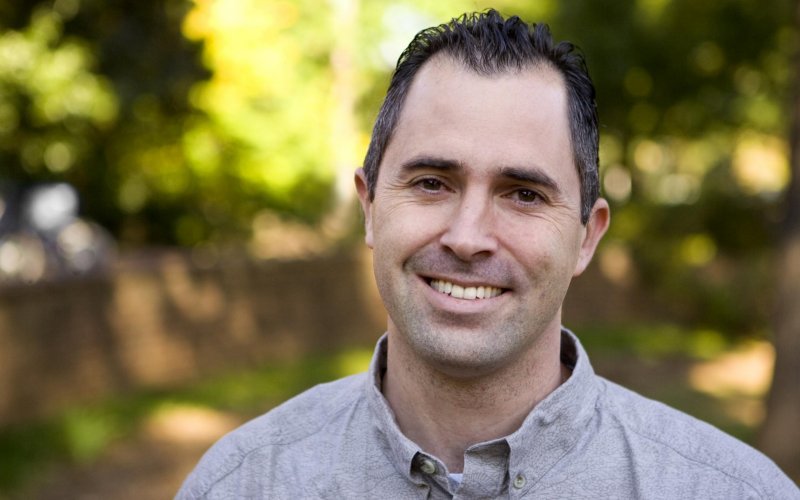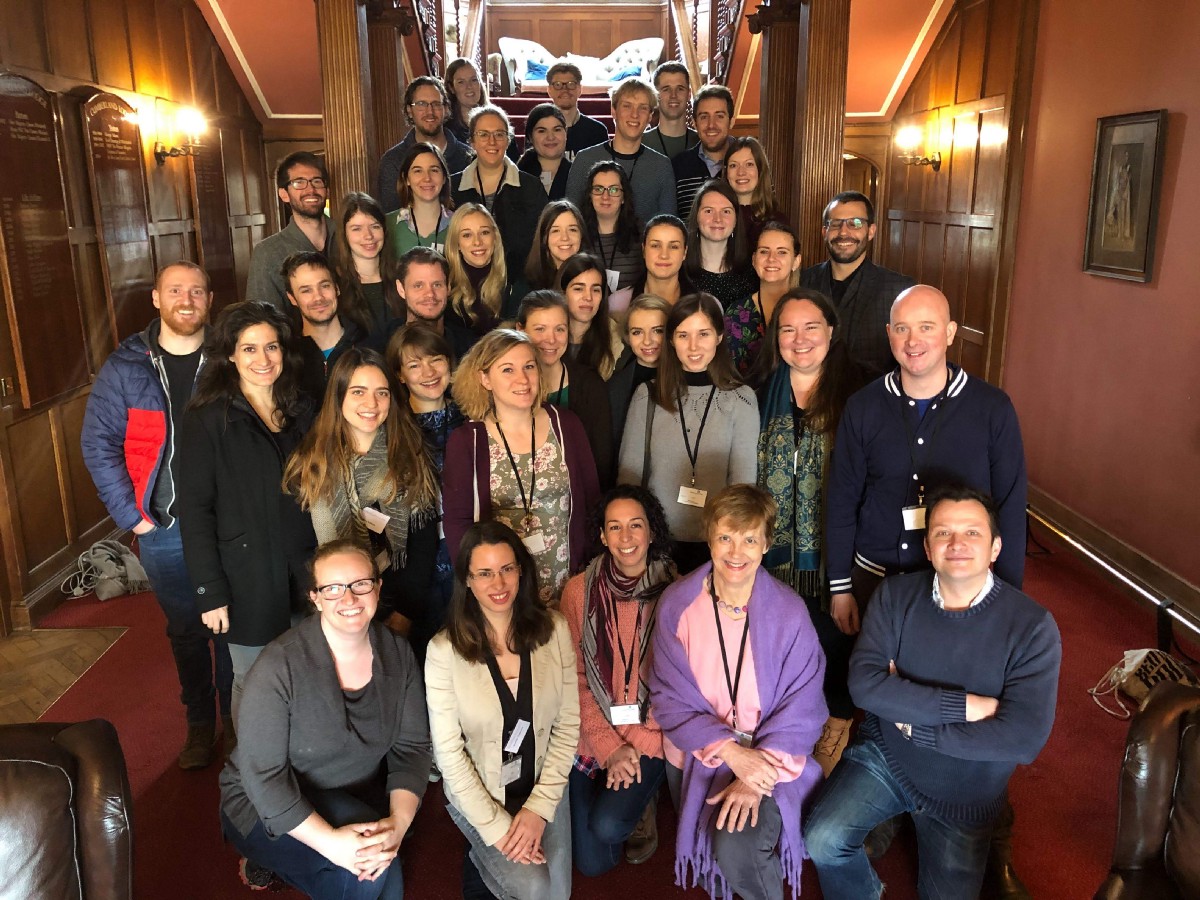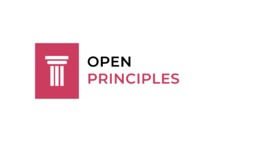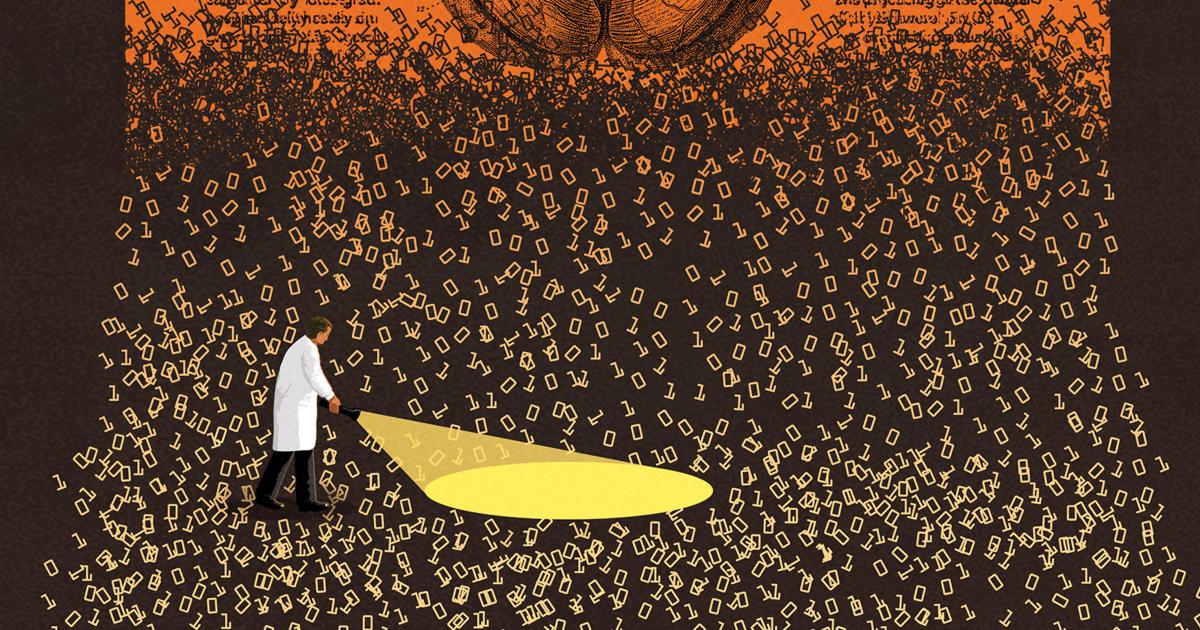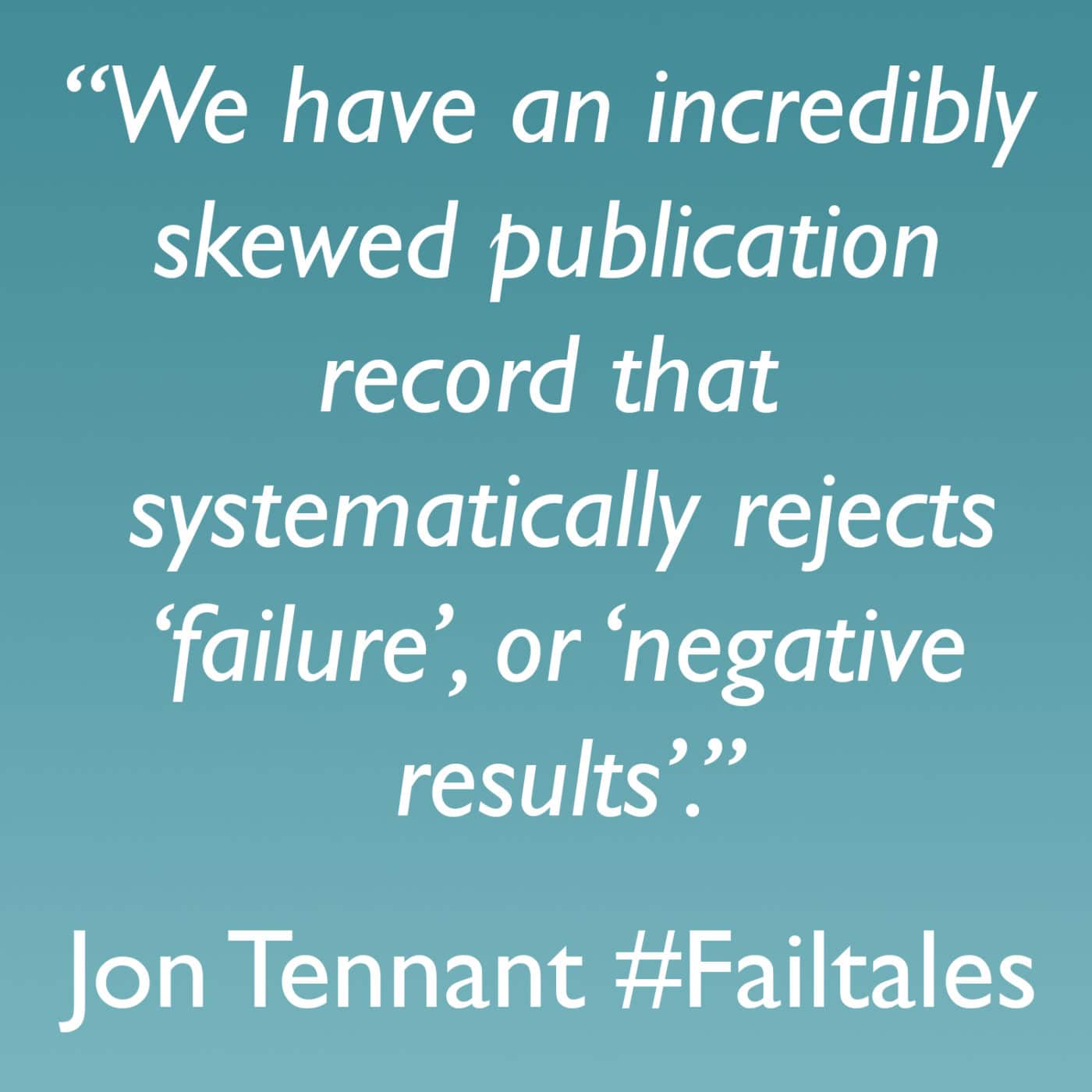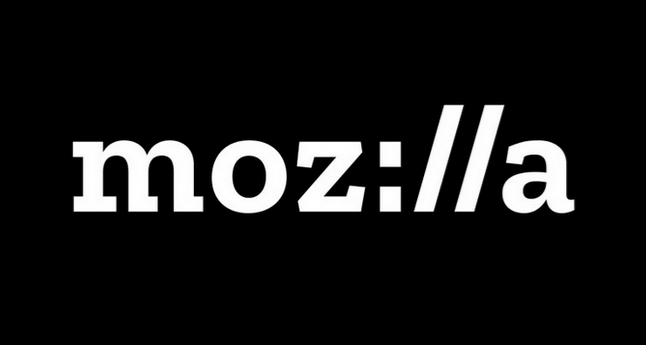This is Module 1 of the Open Science MOOC. This course is totally SELF-PACED, meaning it can be completed whenever you want and in your own time. Rationale: To innovate in a field frequently implies moving against prevailing trends and cultural inertia. Open Science is no different. No matter how convinced you are, you will come across resistance from peers and colleagues, and the best defence is strong personal conviction that what you are doing may not be perfect now, but is the right decision in the long run. This module will introduce the guiding principles of the 'open movement', the different actors involved, and the impact that they are having. Learning outcomes You will be able to describe the ethical, legal, social, economic, and research impact arguments for and against Open Science. After deciding which platforms/tools/services are most useful for themselves and their community, you will develop a personal profile for showcasing your research profile and outputs. After reflecting on the status of Open Science within your research group or lab, you will devise concrete ways to locally improve open practices. Using the guidelines published by their research laboratories, departments, or institutes, you will identify the policies for career progression and assessment, publishing and open access, data sharing, and intellectual property. Resources: Open Principles There are two tasks that are optional as part of this module: Defining how Open Science affects you. Developing your digital researcher profile. These tasks are OPTIONAL. You do NOT need to complete them in order to finish this module. They are, however, strongly recommended still. To complete this module, the only thing you need to do is complete the quiz! Once you have done that, you get this cool certificate to proudly display (the real one is bigger and nicer). Citation: We strongly encourage maximal sharing, re-use, and remixing of all content available for this module. It is also openly-licensed (CC0 or CC-BY at source) and copyright free as such. To cite this work, please use: Jon Tennant; Bruce Caron; Jo Havemann; Samuel Guay; Julien Colomb; Eva Lantsoght; Erzsébet Tóth-Czifra; Katharina Kriegel; Justin Sègbédji Ahinon; Cooper Smout & Gareth O'Neill. (2019, March 16). OpenScienceMOOC/Module-1-Open-Principles 2.0.0 (Version 2.0.0). Zenodo. http://doi.org/10.5281/zenodo.2595951 Other live modules: Module 5: Open Research Software and Open Source
